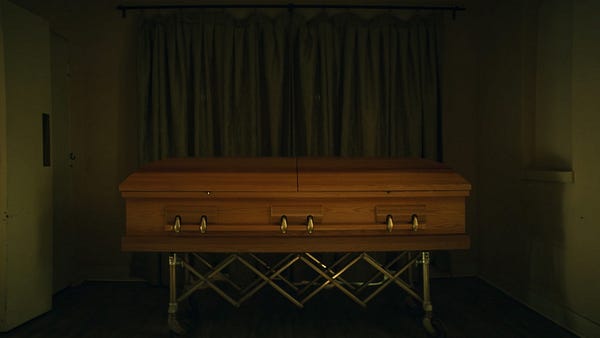A Church. The State. And a Holy War.

A protester defends Calvary Chapel in December 2020. The church’s battle with Santa Clara County is headed for court this May. (Photo via Marci Dauer)
Calvary Chapel in Silicon Valley refused to close during the Covid lockdowns, arguing freedom of religion. Then the government surveillance began.
647
It was Father’s Day 2020, at the height of the Covid-19 pandemic, and Marci Dauer was walking with her husband Monte along the beach in Santa Cruz when they noticed a young woman sitting alone by the pier, disoriented and crying.
“She said she had lost her phone and her friends,” says Marci. “It was 1 p.m. and I could smell alcohol on her breath.
“I asked…
Enjoying the story?
Enter your email to read this article and receive our daily newsletter.
Error
Already have an account?
Sign In














